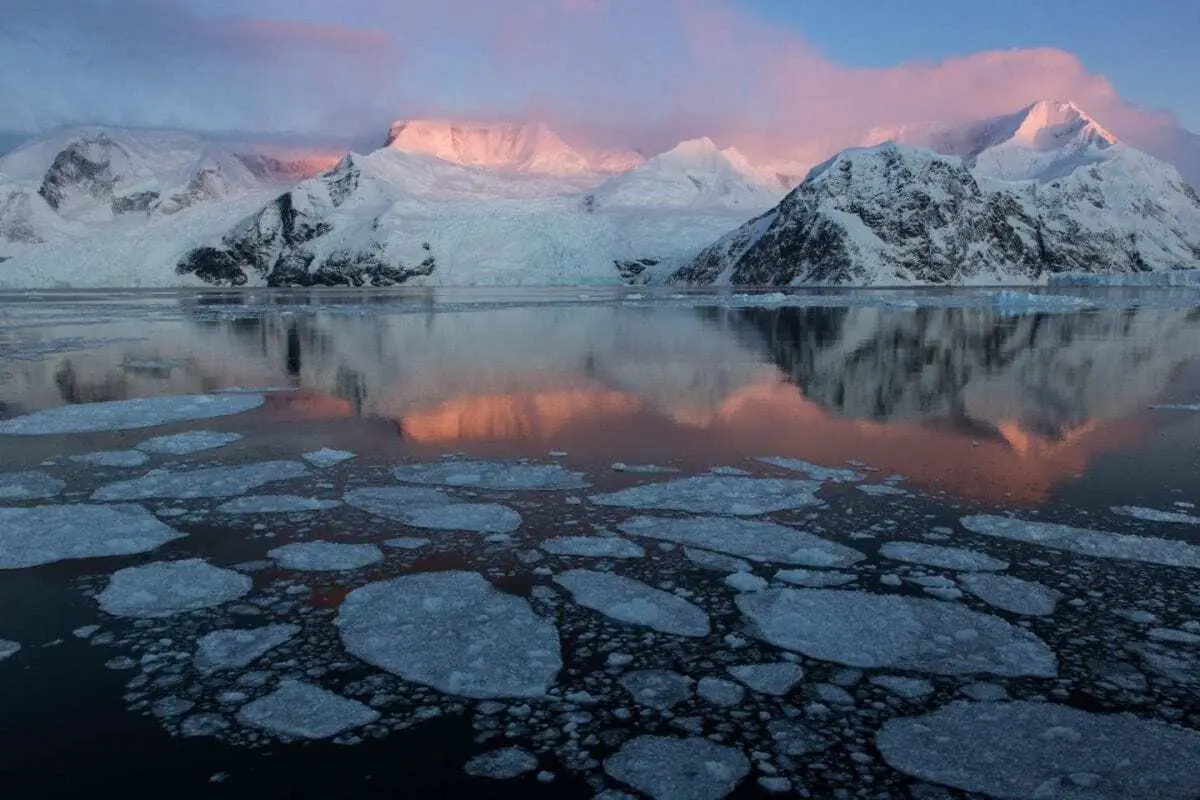Arctic and Antarctic ice loss will account for about one-fifth of the warming that is projected to happen in the tropics, according to a new study led by Mark England, a polar climate scientist at Scripps Institution of Oceanography at the University of California San Diego, and Lorenzo Polvani, the Maurice Ewing and J. Lamar Worzel Professor of Geophysics at Columbia Engineering, England’s doctoral supervisor.
While there is a growing body of research showing how the loss of Arctic sea ice affects other parts of the planet, this study is the first to also consider the long-range effect of Antarctic sea ice melt, the research team said.
“We think this is a game-changer as it shows that ice loss at both poles is crucial to understanding future tropical climate change,” England said of the study funded by NASA and the National Science Foundation. “Our study will open a hitherto unexplored direction and motivate the science community to study the large effects that Antarctic sea ice loss will have on the climate system.”
The years 2017 and 2018 set records for minimum sea ice extent in Antarctica. England and colleagues from Columbia University’s School of Engineering, Colorado State University, and the National Center for Atmospheric Research in Colorado used computer simulations to see what scenarios play out near the equator if that decline continues through the end of the century. They found that Antarctic sea ice loss combines with Arctic sea ice loss to create unusual wind patterns in the Pacific Ocean that will suppress the upward movement of deep cold ocean water. This will trigger surface ocean warming, especially in the eastern equatorial Pacific Ocean. Warming there is a well-known hallmark of the El Niño climate pattern that often brings intense rains to North and South America and droughts to Australia and other western Pacific countries.
As that surface ocean water warms, it will also create more precipitation. Overall, the researchers believe the ice loss at both poles will translate to a warming of the surface ocean of 0.5? (0.9?) at the equator and add more than 0.3 millimeters (0.01 inches) of rain per day in the same region.
This study joins several new analyses of the global impact of polar ice loss, including a January analysis by Scripps Oceanography physicist Charles Kennel suggesting that shrinking Arctic ice might change key characteristics of El Niño in the future.
UNIVERSITY OF CALIFORNIA – SAN DIEGO
Header Image – Pancake ice in Andvord Bay, Antarctica. Credit : Maria Stenzel





